Policy
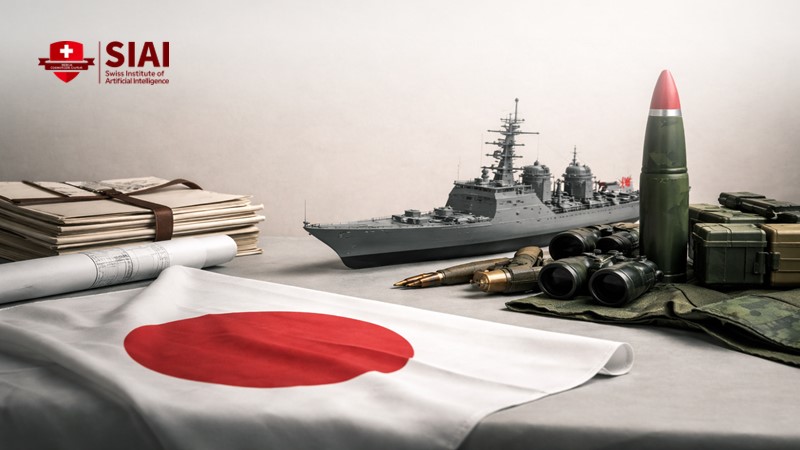
Japan arms exports end an 80-year taboo and create a major strategic inflection The shift combines legal change, record budgets, and political mandate—money meets law Tokyo must pair exports with strict controls or risk a regional arms spiral
Read More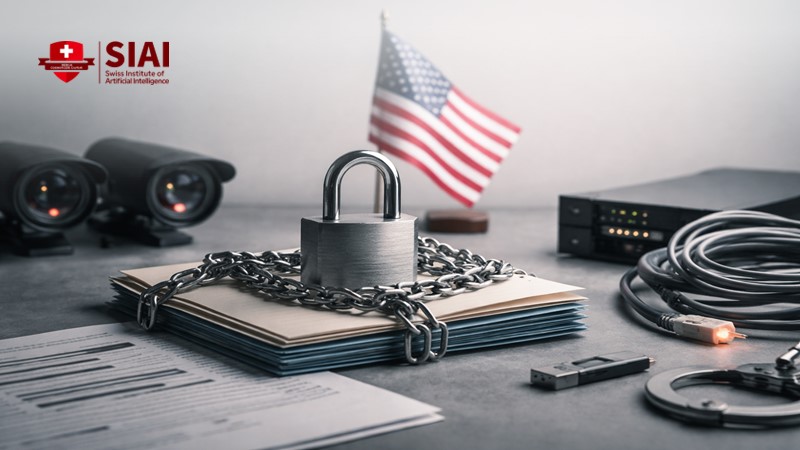
Section 702 reform must protect privacy and security AI competitiveness does not require unchecked surveillance Clear legal limits can strengthen trust and innovation Reports from 2023 and watchdog groups indicate that U.S.
Read More
War weakens democracy not by necessity, but by creating incentives for leaders to centralize power The erosion of courts, media, and civil liberties often outlasts the conflict itself Protecting democratic institutions during crisis is a policy choice, not a luxury
Read More
India growth momentum is strong, but its durability depends on education reform Investment gains will fade unless skills systems scale with industry demand The real test is whether growth becomes long-term capability India i
Read More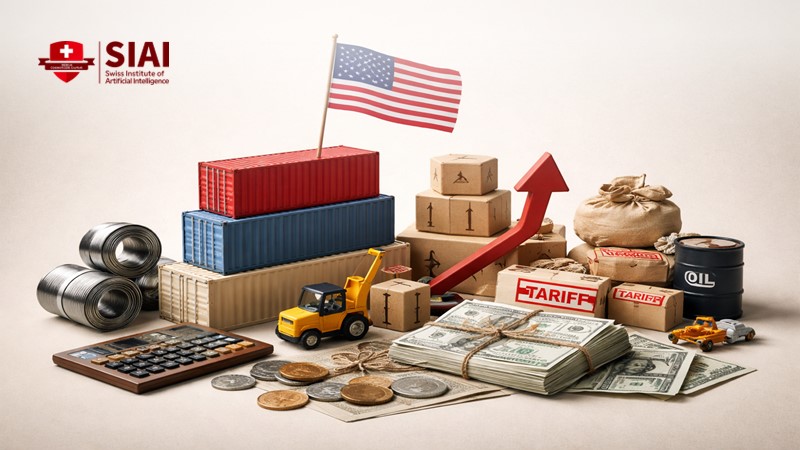
America First tariffs avoided an immediate recession but shifted trade into geopolitical strategy Short-term stability hides real household costs and long-run productivity risks The real test is whether tariffs build lasting capacity without weakening institutions
Read More
North Korea’s economic rise is less about growth than about funded capabilityConflict-linked cash is speeding up industrial and military learningPolicy must disrupt cash-to-capacity channels, not just impose sanctions
Read More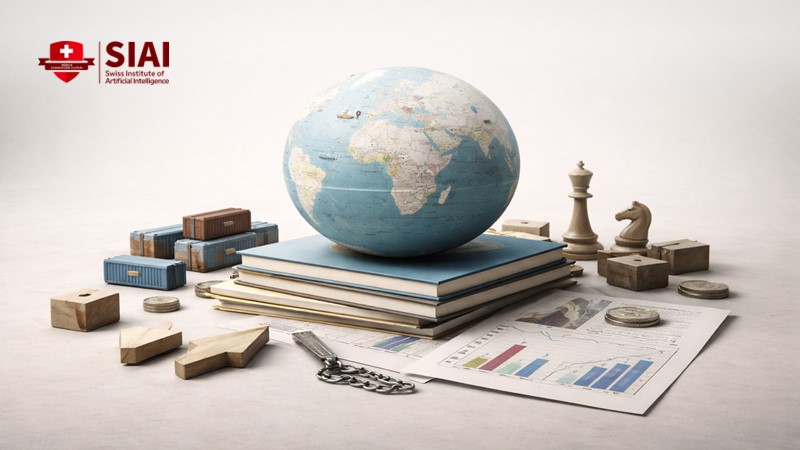
Tariffs do not just redirect trade; they quietly reroute skills, students, and institutions Trade diversion reshapes education and jobs Policy must treat trade shocks as human-capital shocks, not only as economic ones. When the U.S.
Read More
This is no longer a race to catch up, but a push to reduce strategic dependence on China Supply chains and education systems are now instruments of geopolitical power Resilience will depend on how quickly institutions adapt skills, policy, and procurement
Read More
Europe’s problem is not a lack of firms, but a system that keeps them small An EU federation is best understood as industrial infrastructure, not constitutional ambition Without enforced market integration, Europe will keep exporting its champions instead of building them
Read More
Misaligned climate policy shifts emissions across borders instead of cutting them globally Uneven rules push firms to relocate production rather than invest in deep decarbonisation Only coordinated incentives can stop carbon leakage and restore policy credibility
Read More
Cheap solar has reshaped the growth logic for power-scarce economies Solar-first strategies deliver faster, cheaper energy than nuclear in most cases today The challenge is timing: build solar now and scale complexity only when demand rises
Read More

Europe must thicken AT1 capital buffers even if it permanently lowers bank profits Digital bank runs make thin hybrid capital unreliable in real stress Clear, equity-like AT1 design is cheaper than repeated public rescues Th
Read More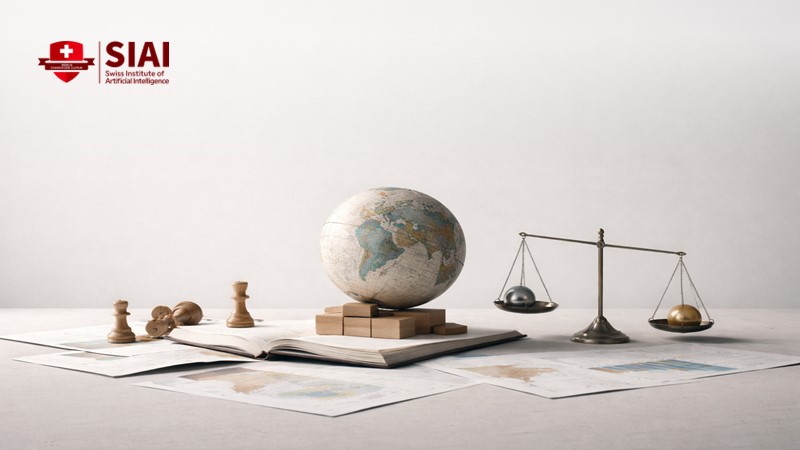
The rules-based order is breaking into competing systems Asia is building regional frameworks to manage the shift Education and institutions must adapt to fragmented governance The international system we've relied on for
Read More
Democracy raises growth most where human capital is already strong Freedom and skills act as multipliers, not substitutes, in economic development Sustained prosperity requires joint investment in institutions and people
Read More
Japan is positioning governance as an alternative to China’s infrastructure power AI rules and institutions are emerging as tools of geopolitical influence Central Asia’s autonomy will hinge more on standards than on concrete The
Read More
Femicide risk is misread when key population variables are left out Missing data distorts which policies appear to work Better models are needed to target prevention effectively Here's something that should make us rethi
Read More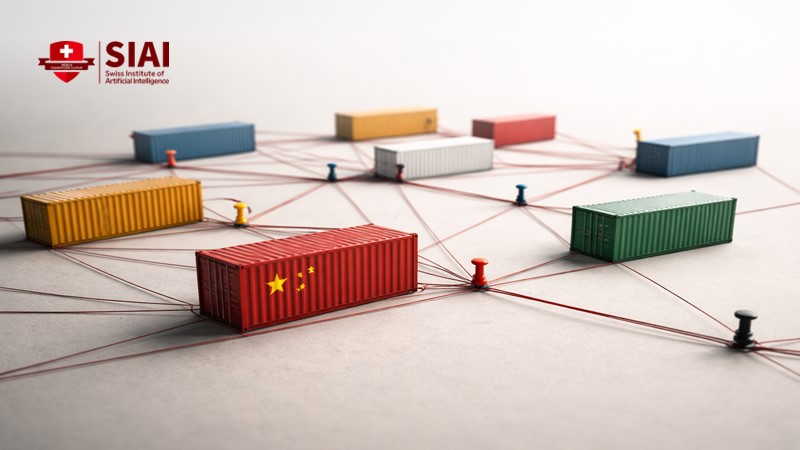
U.S. import diversification masks continued supply chain concentration Much of the shift reflects rerouting, not real relocation True resilience requires tracking value chains, not labels U.S.
Read More
Longevity inequality turns years of life into a form of inherited economic advantage Wealth buys time through better prevention, treatment, and protection from medical ruin Closing the life-expectancy gap is structural economic policy, not just healthcare reform
Read More











